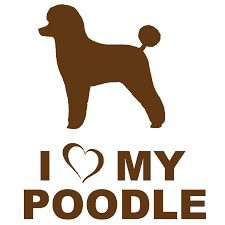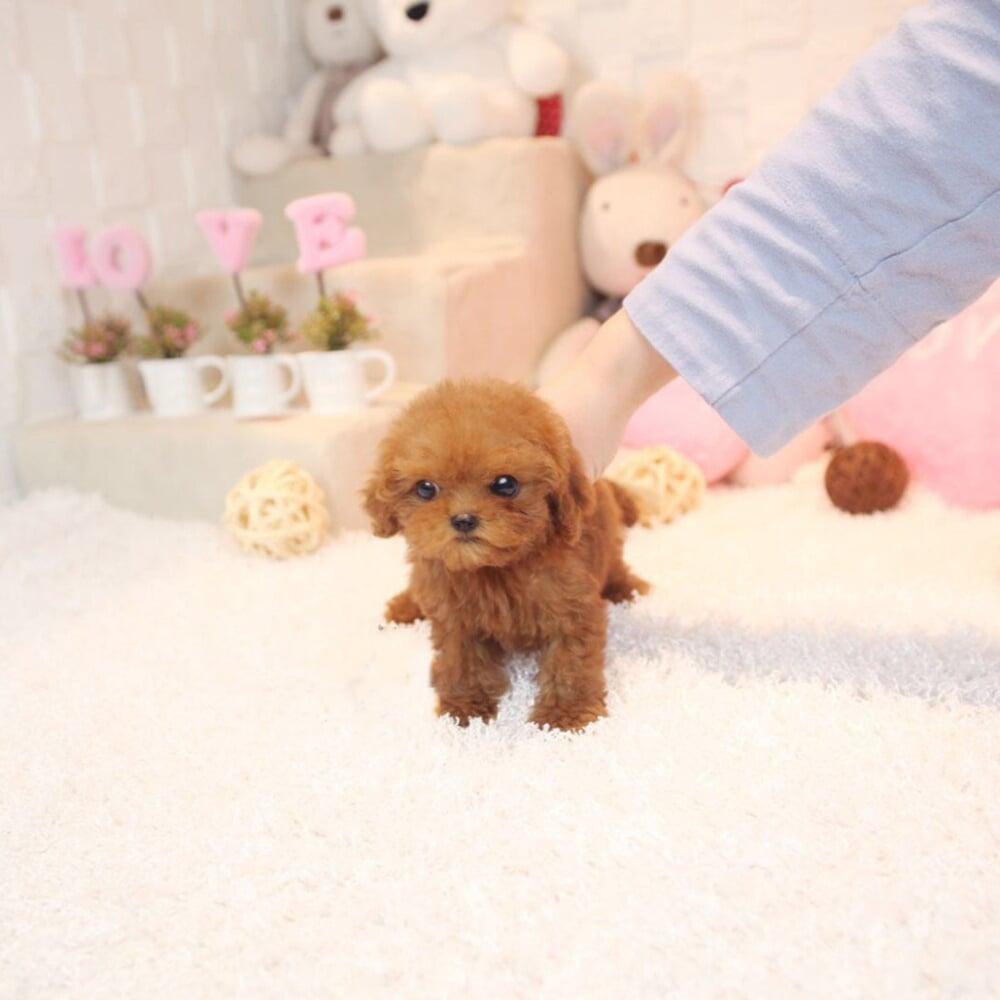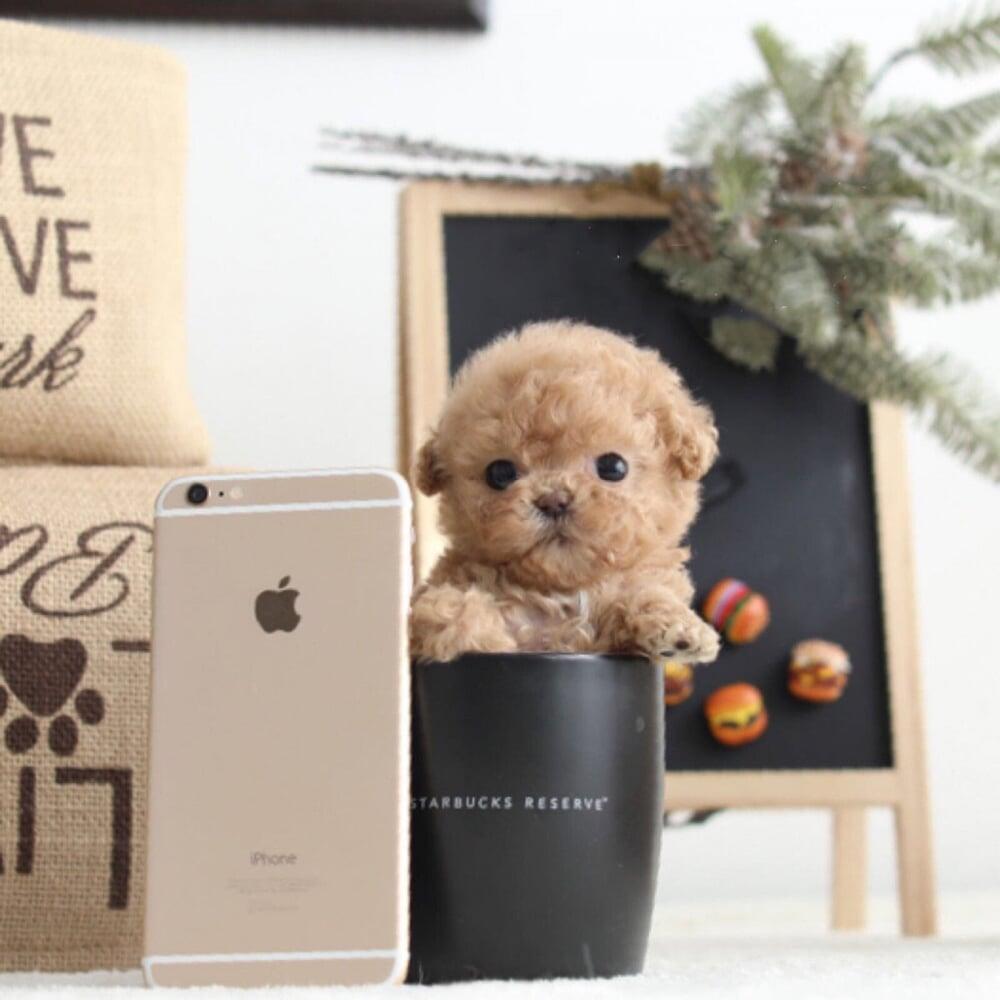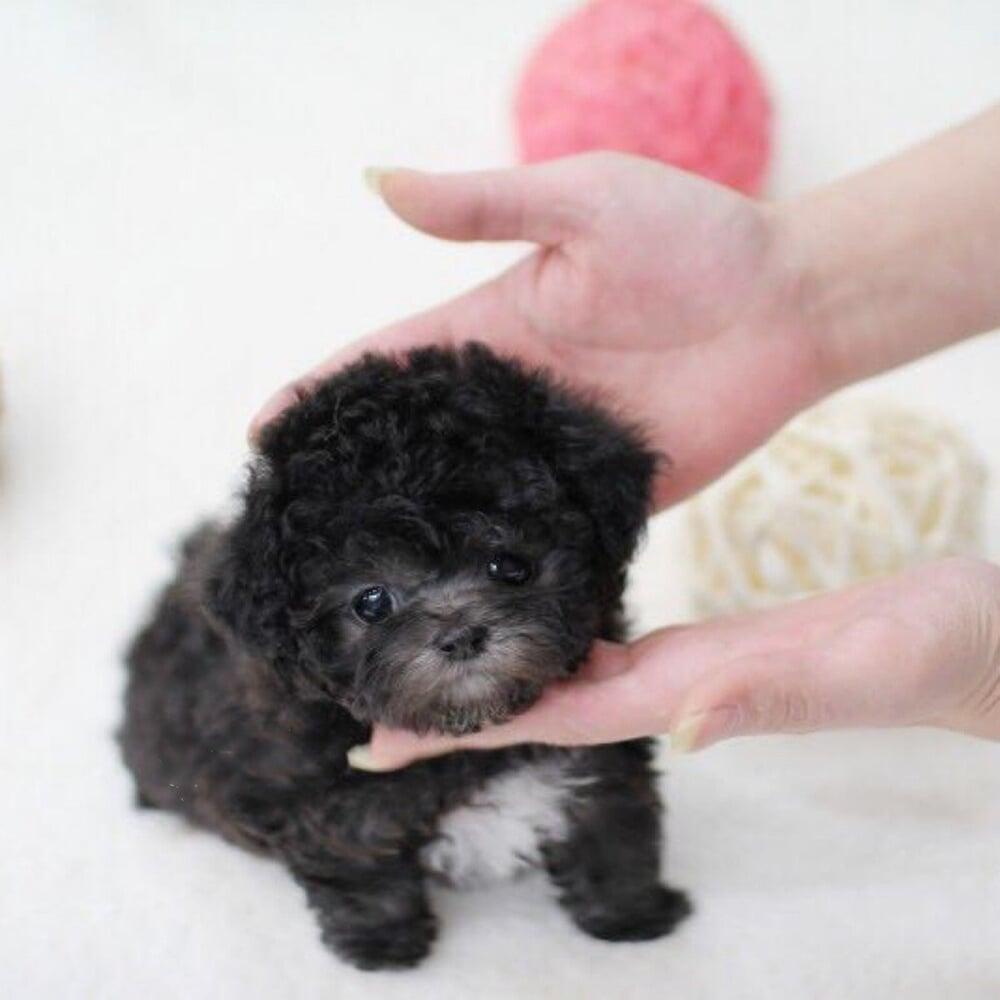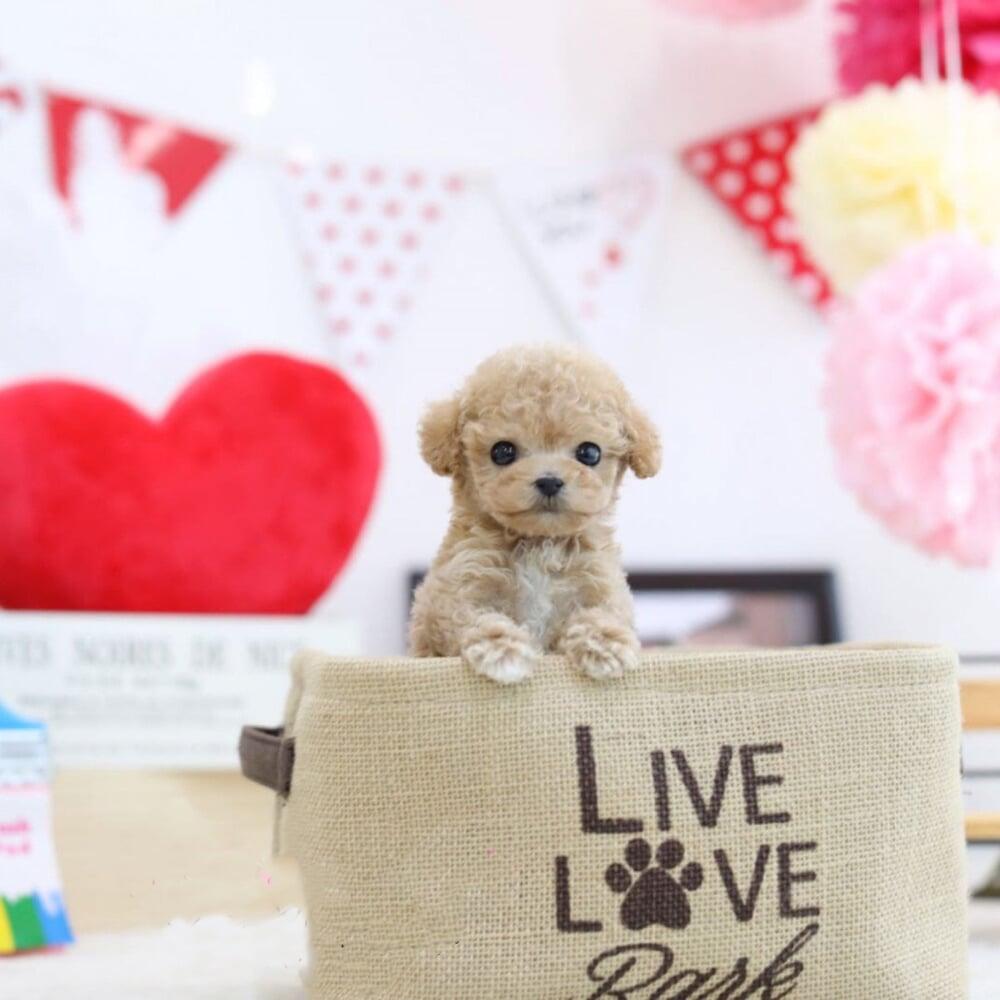Toy Poodle - Dog Breed Information
The Toy Poodle appeared in 19th Century as a smaller version of the Toy Poodle. The purpose was to make a smaller, miniature, lap dog with similar characteristics to Toy Poodle. During the Industrial Revolution in 1860, the craftsmen arrived in France with their new dogs. Then, the toy bulldogs became popular in France and were given the name of “Toy Poodle”.
Toy Poodles generally weight at maturity between 8 and 13 pounds and have a height of about 12 inches. It is a compact, stocky little dog and has a large square head with a rounded forehead. It has a broad and deep muzzle, a black or lighter nose and upper lips that hang down over the lower lips. Its round, prominent dark eyes are set wide apart, its lips are thick and its ears are big, rounded and perfectly elevated. The neck is thick, and the chest is broad and deep in the front and wider than in the back part, forming a pear shape. The legs are muscular, the entire body being compact and muscular, with strong and heavy bones. It has medium fine coat which is short and smooth. Its skin is loose and forms wrinkles around the head and shoulders. Its coat is brindle, brindle and white, cream or cream and white, fawn or fawn and white, fawn brindle, white, white and brindle, white and fawn, black, black and fawn, black and white, fawn and black, fawn brindle and white or gray and white. It also can have black, brindle or white markings or spots of colors. It needs little grooming and regular brushing as it is an average shedder. Toy Poodle also needs regular nails cutting, ear cleaning and, more often, a face cleaning.
Toy Poodle is a pleasant, playful, affectionate and easy to care dog. It is enthusiastic, lively and curious, with a comical personality. It gets along very well with strangers and other pets and enjoys being with its owner. You should take care at its training as if it is allowed to believe that it is the leader, it will become aggressive. It needs to know that you are the boss. It can become stubborn or snappish if you ignore it. Its temperament requires a calm, but firm, patient and consistent trainer who can manage a proper communication with it. Training session should be short and full of praise and rewards. You should not show it affection or sweet talk if it has an unwanted behavior. In such situations, you should sternly correct it with a calm authority. Otherwise, it is a playful dog that loves to entertain the others. Generally, Toy Poodles cannot swim, so take care around water.
The Toy Poodle needs a daily walks and loves to run and play for long periods as it is an energetic dog. It is sensitive to hot and cold weather, so it needs protection. Toy Poodle is good for apartment life and can be active indoors.
Toy Poodle should be fed with special food, carefully chosen and measured to avoid itching and skin allergies. Meat is not recommended for it.
It is prone to joint disease, spinal disorders, heart and eye issues, hip dysplasia and also respiratory problems. It is sensitive to anaesthesia which can cause side effects. It can also confront with The Von Willebrand disease, a blood clotting disorder whose symptoms are the nosebleeds, bleeding gums or prolonged bleeding after surgery. It tends to wheeze and snore. If it is overweight, it can develop breathing problems because of a swollen abdomen. That’s why it needs to have a strict diet.
